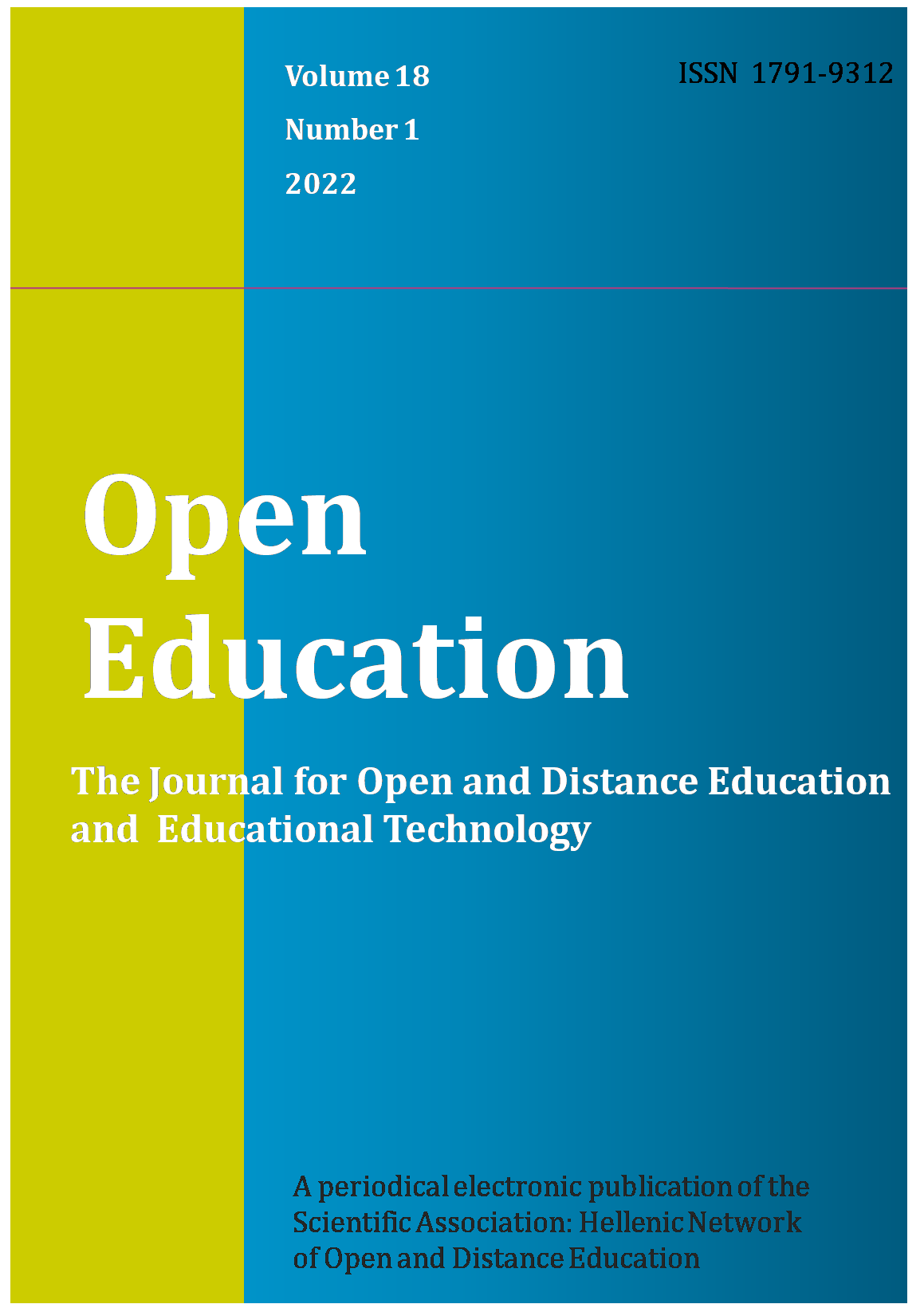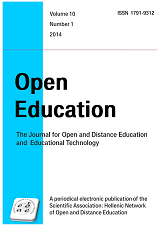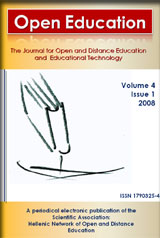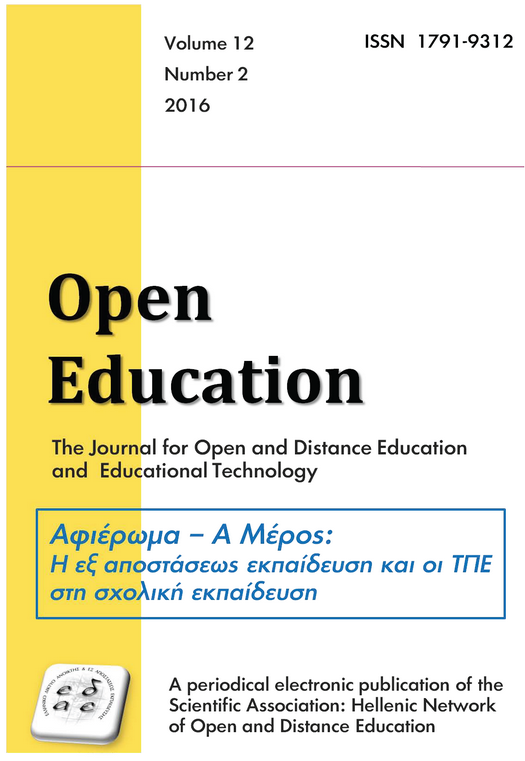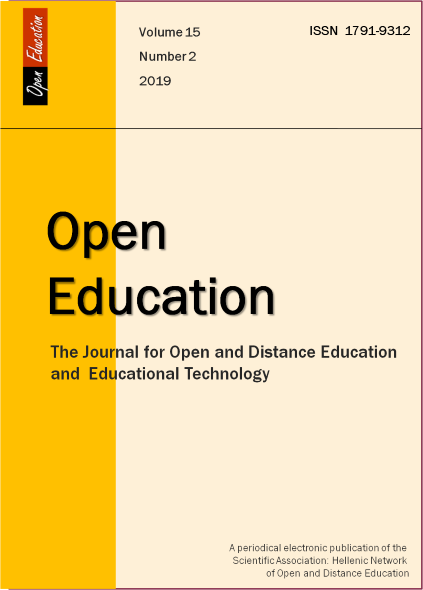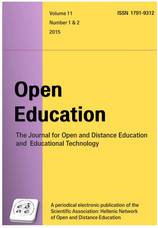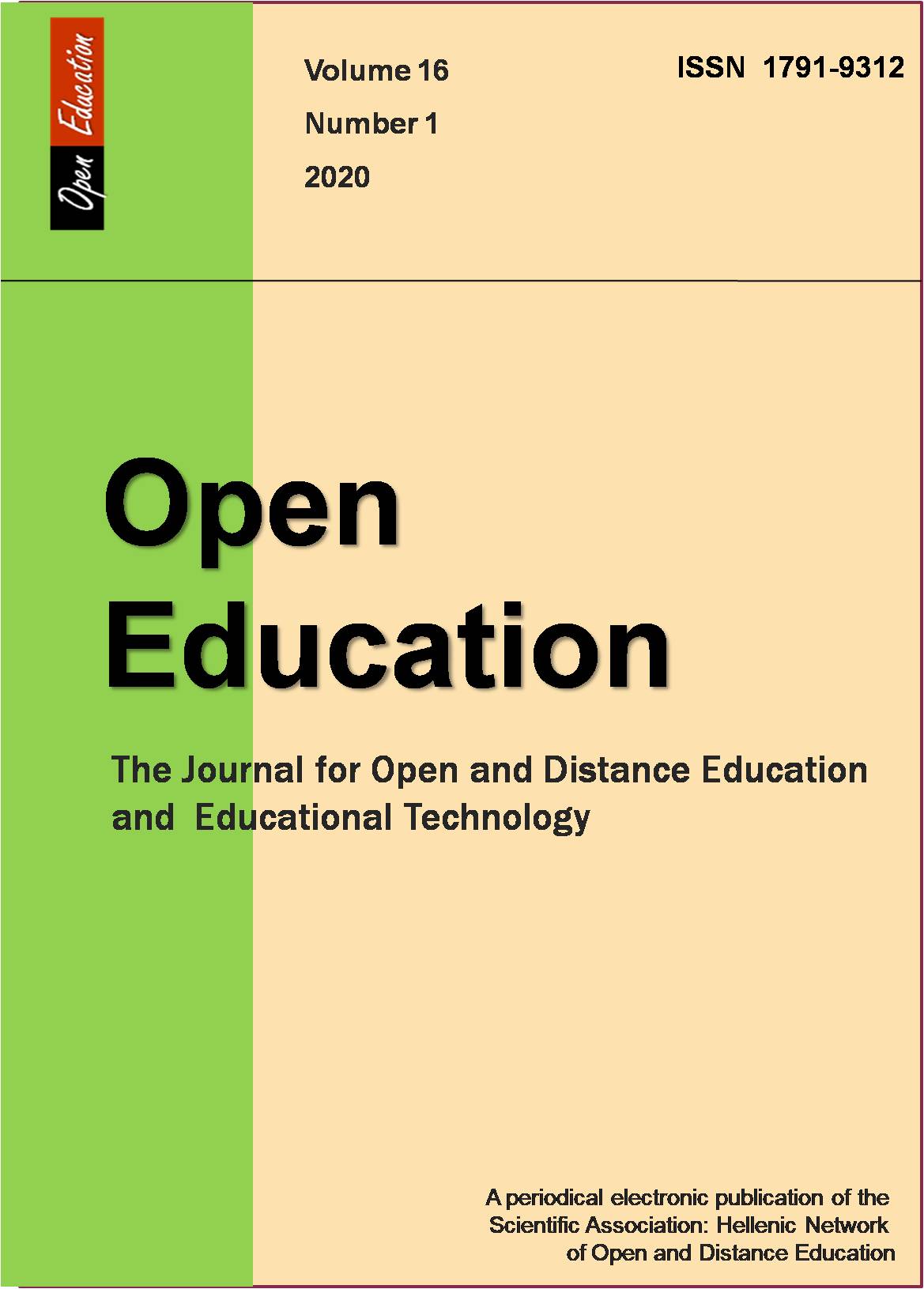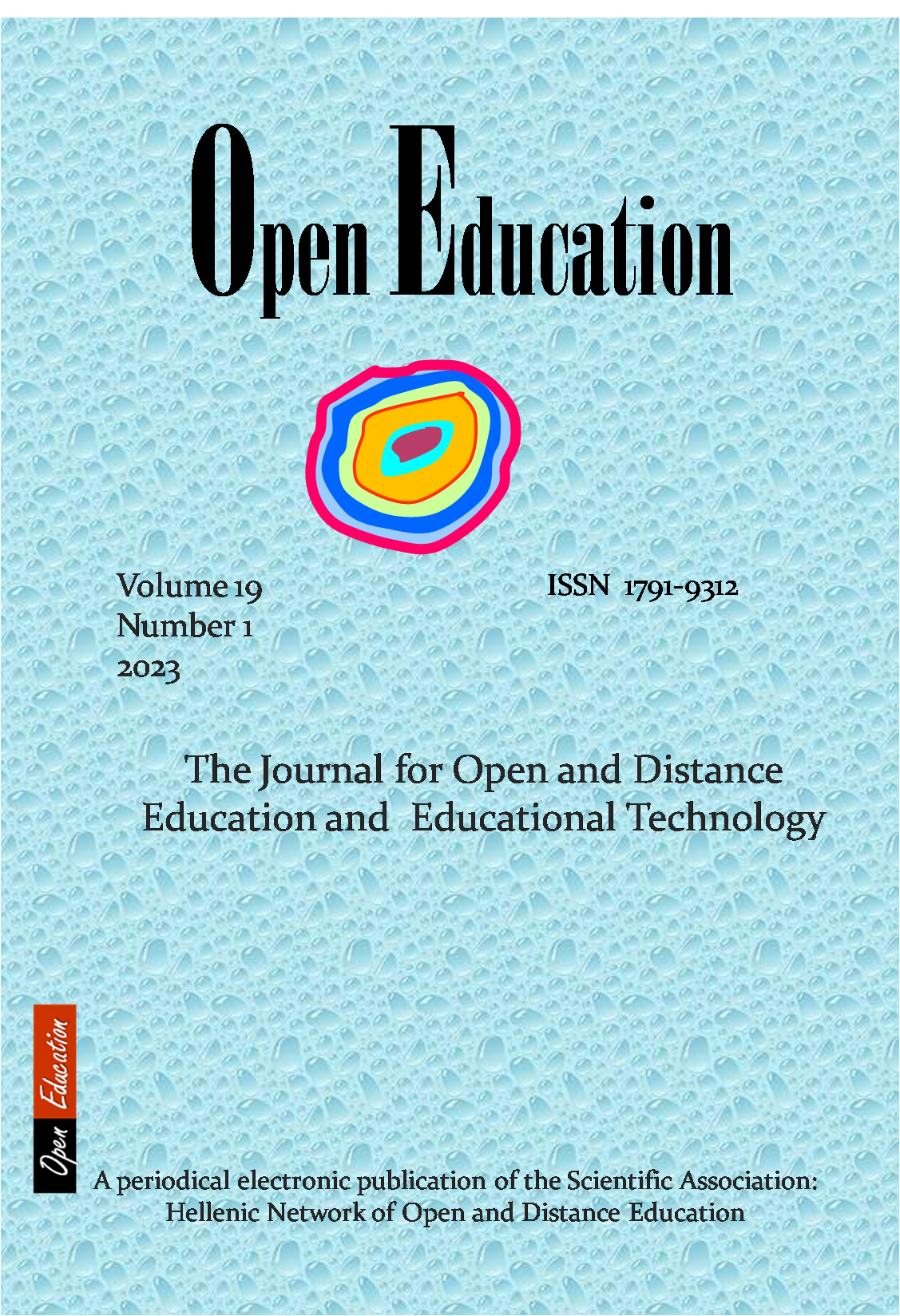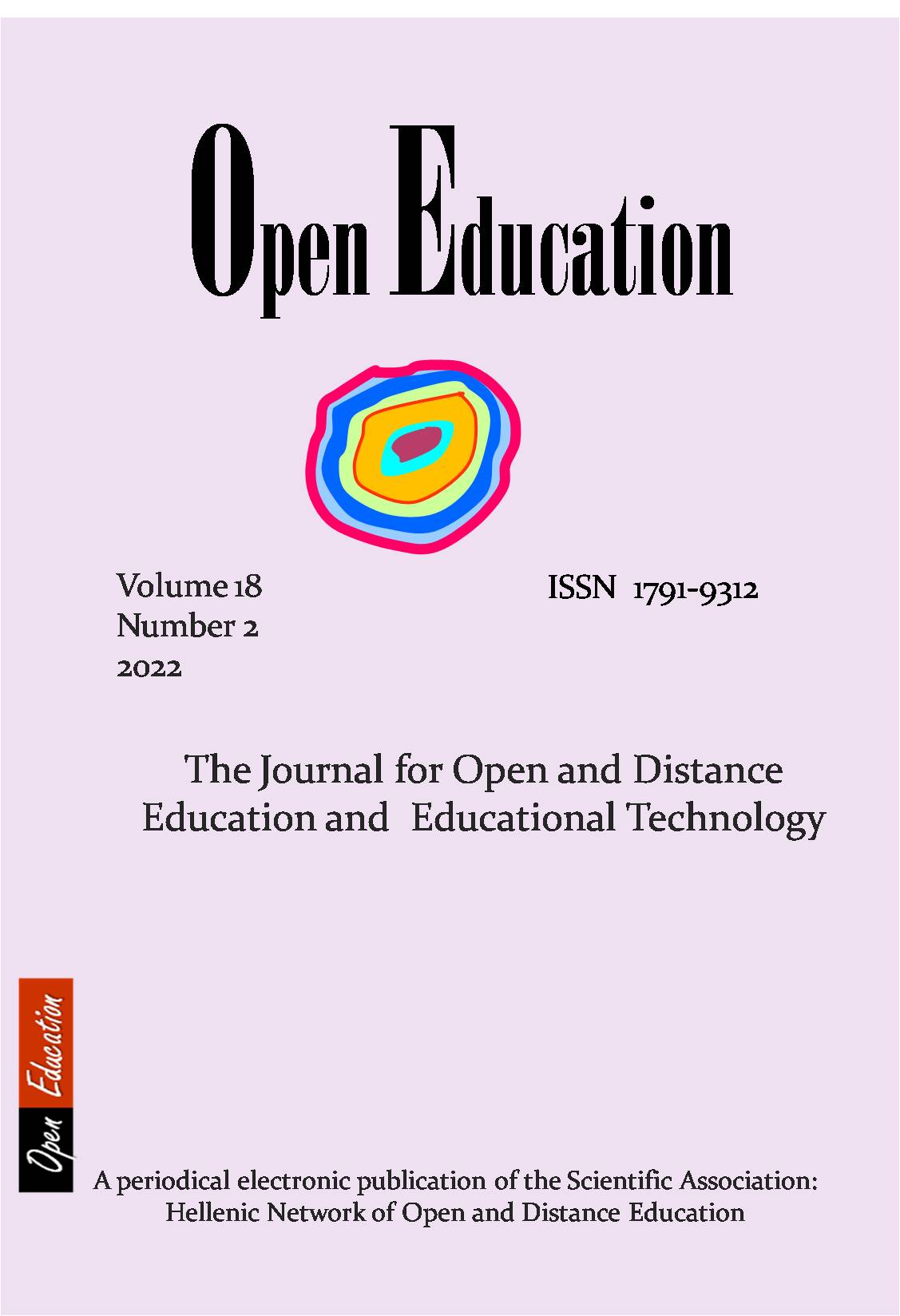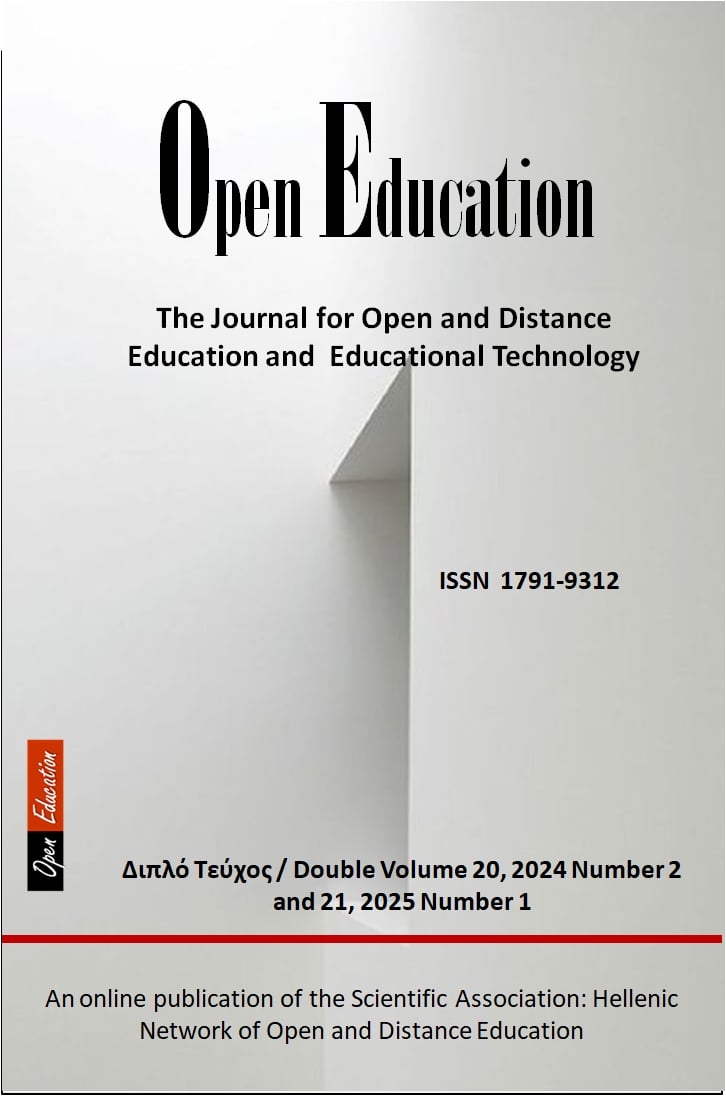Ο ρόλος των διαδικτυακών μαθησιακών κοινοτήτων για την ενίσχυση της μαθησιακής διαδικασίας στην εξΑΕ
Résumé
Περίληψη
Παρατηρείται μια νέα τάση στο χώρο της εξ αποστάσεως διαδικτυακής μάθησης, η οποία είναι η μεταστροφή από την πλήρη αυτονομία και εξατομίκευση της διδασκαλίας στην αλληλεπίδραση μεταξύ ομάδων με κοινούς στόχους και ενδιαφέροντα. Οι ομάδες αυτές είναι επηρεασμένες από τις θεωρίες της κοινωνικής μάθησης και χρησιμοποιούν τις δυνατότητες που τους προσφέρουν οι νέες τεχνολογίες και το κοινωνικό λογισμικό, προκειμένου να κατακτήσουν τη γνώση. Τις ομάδες αυτές τις ονομάζουμε διαδικτυακές μαθησιακές κοινότητες. Σκοπός της παρούσας εργασίας ήταν να διερευνήσει, εάν στο διαδικτυακό περιβάλλον του ΕΑΠ, και συγκεκριμένα στο forum, δημιουργούνται διαδικτυακές μαθησιακές κοινότητες, ποια είναι τα χαρακτηριστικά τους και πώς αξιοποιούνται για την ενίσχυση της μαθησιακής διαδικασίας. Για την εκπλήρωση αυτού του σκοπού επιλέχθηκε η ποιοτική ερευνητική προσέγγιση και καταγράφηκαν οι απόψεις 12 φοιτητών του ΜΠΣ «Σπουδές στην Εκπαίδευση» του ΕΑΠ μέσα από ημι-δομημένες συνεντεύξεις. Σύμφωνα με τα αποτελέσματα της έρευνας, δημιουργούνται διαδικτυακές μαθησιακές κοινότητες στο forum του ΕΑΠ, προσφέροντας πολλά οφέλη για την ενίσχυση της μαθησιακής διαδικασίας. Στις ομάδες αυτές είναι πολύ υψηλή η αίσθηση της κοινότητας και υπάρχει το στοιχείο της κοινωνικής και της γνωστικής παρουσίας, αλλά το στοιχείο της διδακτικής παρουσίας δεν είναι τόσο έντονο. Ακόμη, η συμμετοχή των φοιτητών στις κοινότητες αυτές δεν είναι μεγάλη στα πρώτα χρόνια λειτουργίας του forum, κυρίως λόγω έλλειψης επαρκούς πληροφόρησης και παρακίνησης, και κρίνεται απαραίτητο να ληφθούν μέτρα για την ενίσχυσή της, κυρίως από τους διδάσκοντες και τον εκπαιδευτικό οργανισμό.
Article Details
- Comment citer
-
- Rubrique
- Μέρος πρώτο / Section 1

